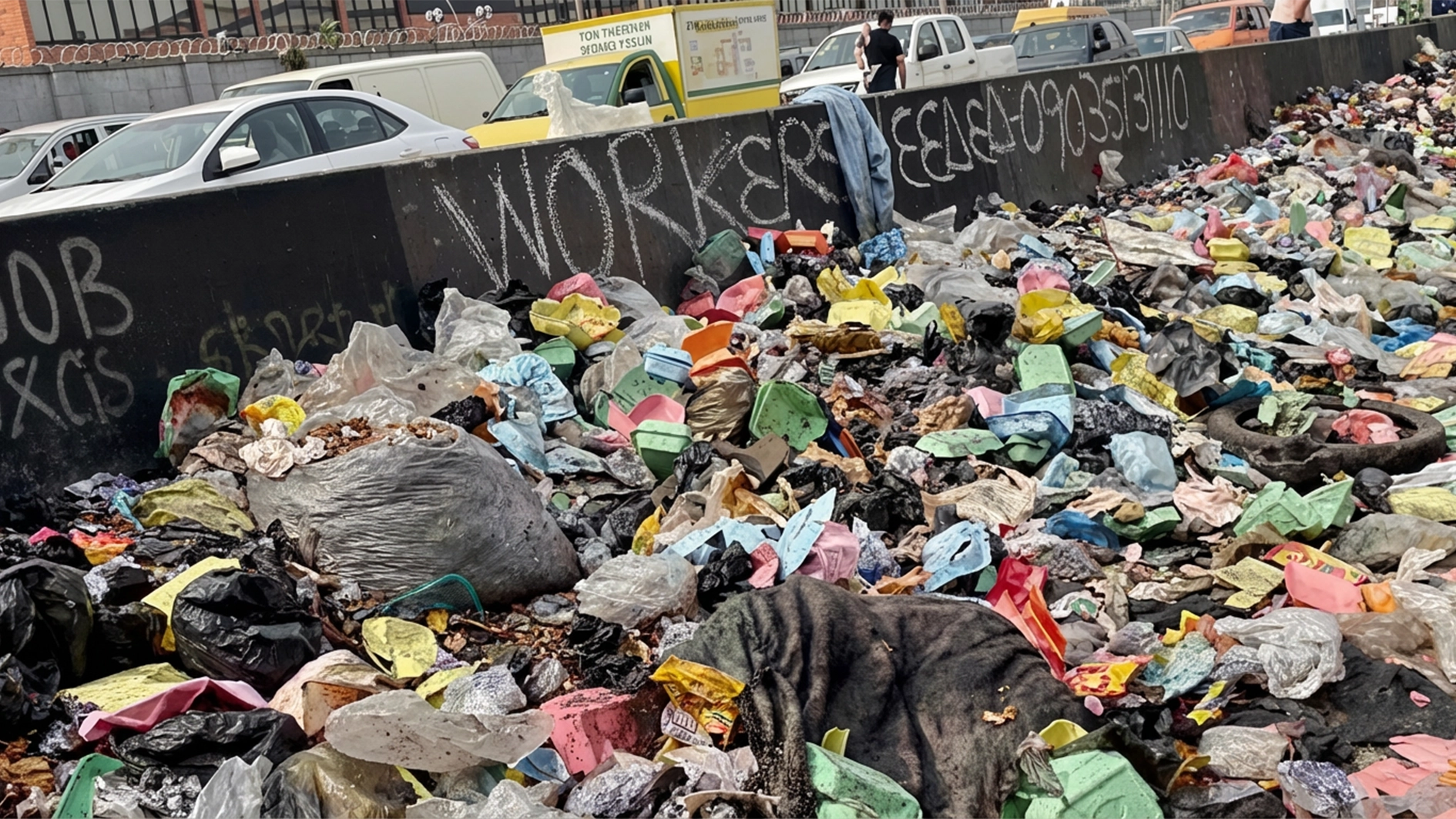
Speaking at a pre-Future of Health Conference webinar on Thursday, organized by Nigeria Health Watch, leaders from health, government, and international organizations highlighted the urgent need for collaboration to protect vulnerable populations, especially women and children.
The News Agency of Nigeria(NAN), reports that climate change is having a profound impact on the health of individuals and public health systems, particularly in Nigeria, where the effects of a changing climate are becoming increasingly apparent.
This is not only a health issue but also a social justice concern, as those who are already most vulnerable are being disproportionately affected.
READ ALSO:South South APC fault alleged suspension of Lokpobiri, others
One of the most significant ways that we are witnessing the impact of climate change is through the decline in air quality.
As temperatures rise, the formation of ozone is increased, which can lead to respiratory problems.
Heatwaves are also becoming more frequent and intense due to climate change, which usually lead to heat-related illnesses and even death.
The World Health Organization (WHO) estimates that between 2030 and 2050, climate change will cause approximately 250,000 additional deaths per year, mostly due to malnutrition, malaria, diarrhea, and heat stress.
The panel highlighted that Nigeria’s health systems must adapt to withstanding the increasing pressures of climate change, with solutions ranging from decarbonising healthcare to improving governance and building resilience through early warning systems for climate-sensitive diseases.
They said that with the climate crisis posing growing risks to health services, nutrition, and disease management, speakers highlighted the need for a coordinated response.
Dr. Olumide Okunola, Senior Health Specialist at the World Bank, opened the dialogue, underscoring the importance of building a collaborative ecosystem to mitigate the impacts of climate change.
READ ALSO:FRSC trains 2000 personnel on road safety management
Other notable speakers included Dr Dave McConalogue, Senior Health adviser at Foreign Commonwealth and Development Office (FCDO), who warned that by 2040, one in four children would face high-water stress, a situation that would strain Nigeria’s health infrastructure.
Dr. Edwin Edeh from WHO Nigeria highlighted the “human face” of climate change, advocating for green procurement and decarbonisation in the health sector.
Mr. Godwin Brooks, Ministry of Health and Social Welfare, provided insights into Nigeria’s vulnerability assessment, a critical tool for climate adaptation planning.
Ms Jessica Leete Werner Flannery, Health Specialist, World Bank, spotlighted the importance of leadership and governance in creating resilient health systems.
Mrs. Vivianne Ihekweazu, Managing Director, Nigeria Health Watch, explained the role of partnerships, community leaders, and the private sector in tackling the climate-health crisis.
Ihekweazu encouraged participants to join the upcoming Future of Health Conference to deepen the discussion on climate-resilient health strategies.
READ ALSO:Court to hear NNPCL staff cooperative society leadership dispute Nov 8
NAN reports that the 2024 Future of Health Conference, with the theme “From Evidence to Action: Building Resilience at the Climate-Health Nexus,” is scheduled for Oct. 24.
It aims to provide a platform for interdisciplinary knowledge exchange and collaboration among stakeholders, addressing the intersection of climate change and health.






